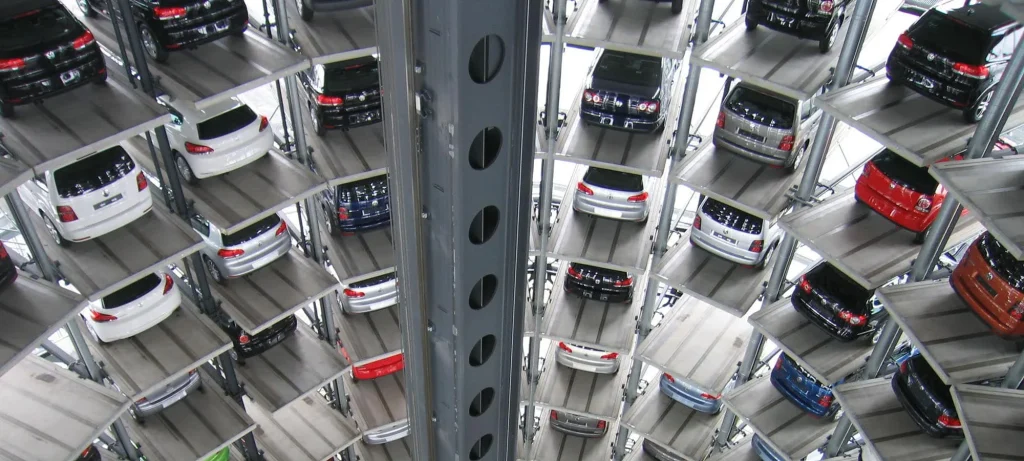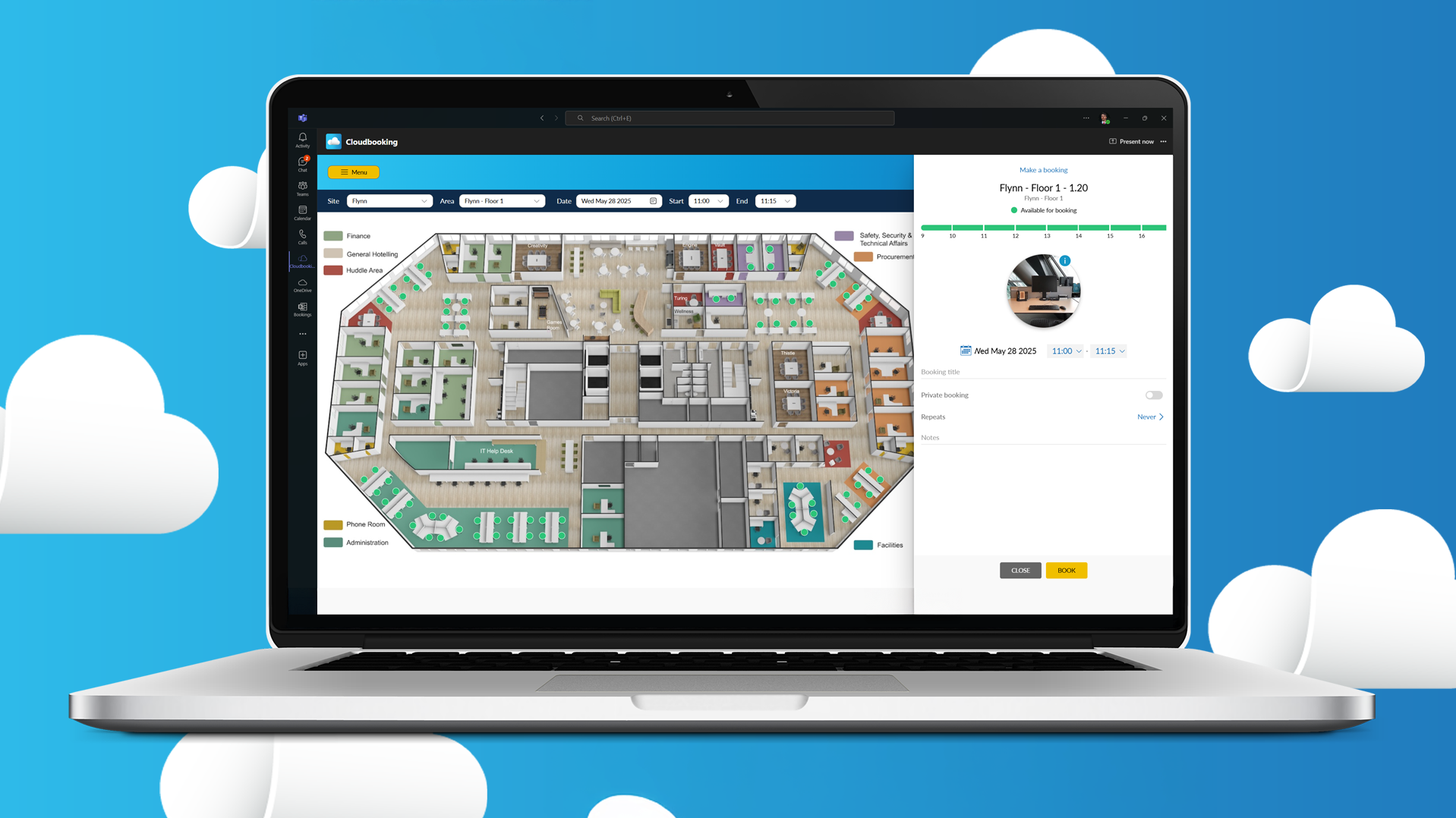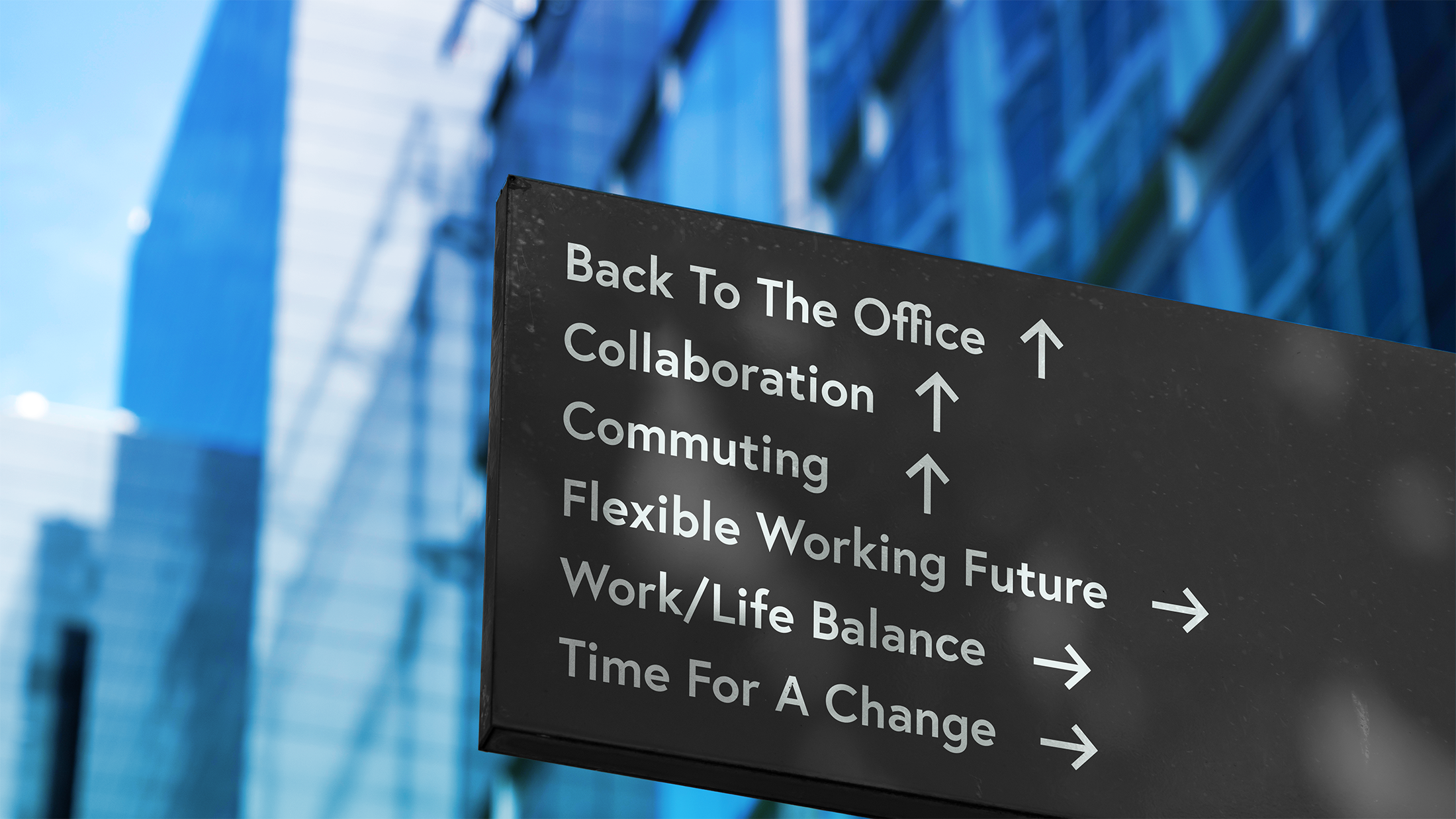
The COVID-19 pandemic has accelerated the drive for working from home, as well as flexible working practices and hybrid working environments. It has also impacted the office landscape, forcing organizations to reanalyze their real estate and how it can be optimized.
Get a free demo
Enquire about a no-obligation demo today and get an exclusive hybrid working research paper — for free. Created in partnership with YouGov, this invaluable guide provides essential insights into developing your own effective hybrid strategy. Click below.
Something that has received less attention, however, is how the COVID pandemic has impacted the means by which employees travel to the office as they make their return to work.
Public transport and shared mobility modes are considered less safe regarding COVID infection. So, in this new climate with the workforce now returning to work, will additional business infrastructure, primarily car park management, be utilized to offer greater safety and flexibility to employees for their commute?
The Commute to Work by Car
With more businesses adopting flexible working or hybrid working environments, the less demand there is for employees to be traveling into the office every day. Indeed, as the recent study by YouGov for the BBC appears to confirm, the mood also seems to be shifting among employees also, with 70% of the 1,648 people surveyed saying they wouldn’t return full-time to the office. The study revealed that the majority of employees want a hybrid working environment, meaning that they’d split their time between office work and home working.
With the fall in commuter numbers, such shifts in the working environment indicate, it may seem that the commuter chaos that employees once dread could be a thing of the past and a distant memory. With COVID still present however, we must consider how employees will travel into work on the days they need to.
Before the pandemic, private car journeys were the preferred mode of transport for commuting to work, and this continues to be the case now as we emerge from COVID restrictions. A survey by the Campaign for Better Transport carried out in March 2021, asked people what modes of transport they used before the pandemic and what they intend to use post-pandemic. The results showed that the U.K adult population would continue to choose cars as their preferred mode of transport. When asked about attitudes towards public transport, 20% said that nothing would currently encourage them to increase their use of public transport.
There are many reasons why a shift towards commuting by car is an effective alternative to taking public transport. Firstly, there is less chance of transmitting COVID infection in comparison to taking public transport and shared mobility modes. There is less congestion on the roads due to a change in national driving habits as more people are working from home. There is also potential for less associated costs, especially with the recent announcement warning that the cost of transport in London will rise by 4.8% in 2022, the biggest increase in a decade. Not least, taking the car also alleviates the need for employees to endure the same commuter chaos that used to dominate their everyday working lives when taking public transport.
Moving focus towards employers, companies should be taking greater responsibility for ensuring employee safety and security whilst traveling to work in a COVID world. With cars now looking to be the preferred mode of transport, how do employers accommodate this new demand? Perhaps developing business infrastructure outside of the central office is the first step. A recent study polled 105 corporate leaders who manage employee parking across 15 countries. The study suggests that while there are 19.5% of employers that are looking to reduce office parking, many companies are expecting a rise in parking demand when employees return to work with 15.9% of companies wanting to increase their car parking and adopt car park management. Cloudbooking can help businesses to achieve these aims.
Cloudbooking’s Car Park Management System
Cloudbooking offers premium car park management solutions, allowing employees and visitors to reserve car parking spaces when they know they will be working at the office. The system also provides executive parking, disabled car parking and electric vehicle parking.
The car park management system features interactive 3D parking maps on mobile and web as well as occupancy monitoring with live parking availability occupancy levels. Additionally, parking spaces can be reserved by administrators, users, or the receptions teams.
Through these features, a seamless car parking management system can be implemented.
Impact of Office Car Parking
Environmental Impact
While the shift to car driving may bring many benefits to employees, creating more flexibility and safety, it also comes with potential environmental costs.
It is so important, now more than ever, to develop a greener mobility infrastructure and remove carbon-intensive trucks and cars from our roads. With more employees opting to drive and park their cars at work, what will the impact of this be on the environment?
Road transport is a major contributor to climate change, approximately 80-90% of cars’ environmental impact comes from fuel consumption and emissions of air pollution and greenhouse gases. The government has already announced its commitment to a net-zero world. In 2019, parliament passed legislation requiring the government to reach a net-zero emissions target by 2050. Net-zero refers to the balance of greenhouse gas produced, and the amount removed from the atmosphere. With this negative environmental impact, should we be encouraging employees to get in their cars to travel to work?
Conversely, as the YouGov and BBC study indicates, employees will not be in the office full-time and will instead opt for a hybrid working environment. The frequency of in-office working is much lower, meaning that commuting trips will be reduced and will not carry the same negative effects as if they were driving every day.
More importantly, the electric automotive revolution is in full swing. As a society, we need to be looking to build a clean and green future by investing in electric vehicles. At Cloudbooking, we’ve made it a priority to offer electrical vehicle parking as a primary feature of Cloudbooking’s car park management system.
When you factor in the cost of fuel and servicing associated with petrol and diesel cars, electric vehicles work out cheaper. So, it’s no surprise that the electric car market is growing quickly, with nearly 300,000 pure-electric cars on UK roads at the end of May 2021. Sooner than we know it, electrical vehicles will be taking over and this was confirmed by the government, announcing the end of the sale of new petrol and diesel cars in the U.K by 2030.
Impact on Transport Industry
Furthermore, there is no denying that a shift to car travel will impact the transportation industry, an industry that relies heavily on commuters. This causes concern regarding economic recovery as the transport industry could be put more at risk if the daily commute to work by bus, rail, or other public transport services are minimized.
These fears are compounded by the already dire economic state of the transport industry, caused by the COVID 19 pandemic. This was apparent in the British government’s third funding and bailout package for TFL to cover lost income during the COVID-19 pandemic and ensure the continued running of London’s transport network. The government has previously provided two other financial packages to TFL in April and October 2020, taking the total funding to £4 billion.
With the rising costs of public transport, will employers need to consider covering the cost of travel for their employees traveling by such means?
Conclusion
With so much uncertainty surrounding public health and safety, it is important for businesses to take on more responsibility and accommodate for the new normal, not only supporting employees in office and through flexible working arrangements but also with their daily commute as many don’t feel safe traveling in.
The reality of post-COVID transport means more demand for parking, and it is Cloudbooking, with its various car park management solutions for employers to enhance their car parking capacity, that companies can rely on in making these changes to their new working environment.
Let Cloudbooking help you to implement the best car park management solutions for your business. Contact us now for a no-obligation product demo.


